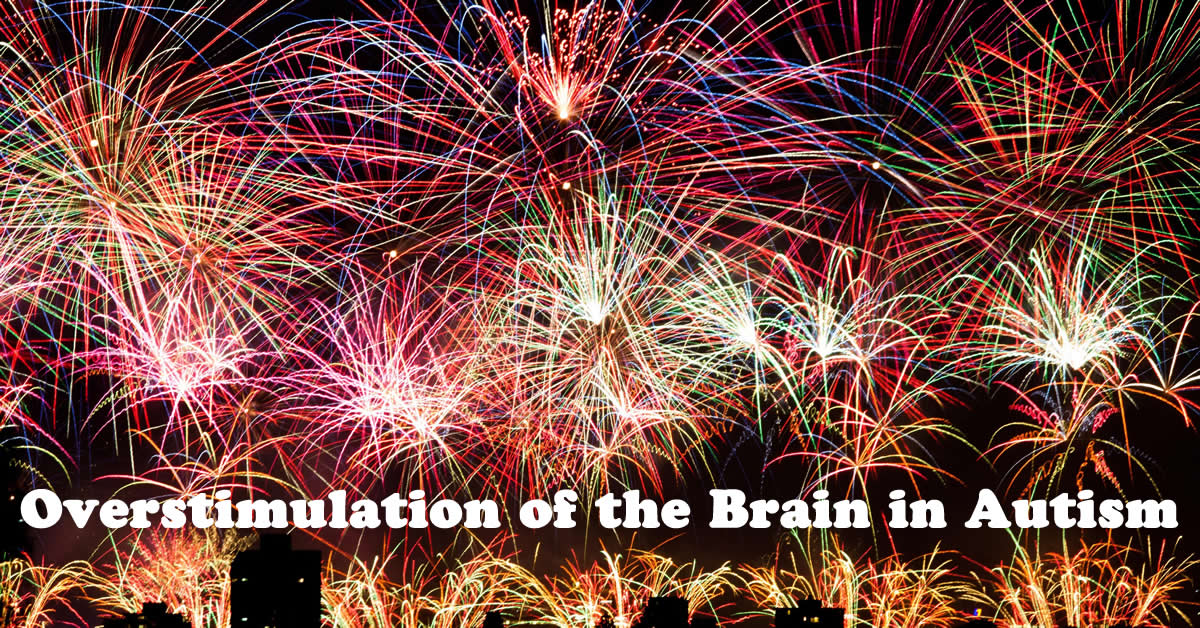Overstimulation: is that to avoid if you have a reasonably normal life?
Autism, Daily Life, Experience, Knowledge, NWH2019, The Brain, Way of Life

A while ago I wondered if you can prevent overstimulation if you have a pretty normal life. Or is it a matter of learning to deal with it? I find it an integrin question. Looking at it from my own autism, it is a question that has no universal answer but I will try to answer it with by how I am dealing with it.

What is overstimulation?
In short, if you are not familiar with it. It’s being hyper sensitive to all kinds of stimulations (such as sight, taste, feeling, smell, etc) which can lead to all kinds of reactions and/or long-term symptom. In the short term it can create a fight or flight reaction for example. I myself get in a state of anger where I need to cool down before I can move forward again. This anger can create difficult situation for me and it’s something I want to avoid at all cost. In the long term it can create psychic and/or physical symptom such as a burn-out or stomach- / headaches.
Should you stop doing things in life to prevent overstimulation?
I personally think you shouldn’t. It depends on the ‘tricks’ you have learned and how well you have learned to implement these ‘tricks’ to avoid overstimulation. You can find a lot of things online on how to prevent overstimulation. For me it helps to think about relaxing thoughts. You can describe them as ‘Cool Thoughts’. And if that doesn’t help I really need to take a time-out for myself. That usually helps.
Overstimulation through internal stimuli.
Something where you have less control over are the sensations that come from within yourself like emotions and thoughts. In people with autism these sensations can create a lot of chaos and ambiguity in which case overstimulation is reached very quickly. Sometimes it can help to ‘park’ these thoughts so that you are in a more relaxing state of mind and can deal with it more relaxingly.
How ‘to deal’ with overstimulation?
A different strategy is to look up the limit of your overstimulation and then go over the limit. And when you go over the limit is to ‘deal’ with it. This isn’t a strategy which you can use every time because then you get chronic overstimulation. And that is something you want to avoid. If you sometimes choose for this strategy willingly, you have to keep the following points in mind:
- Know what your signals are of overstimulation and when you are going your over the limits. Because if you know your real limits, you know when it is time to call it a day.
- Communicate with the people around you. This makes them aware about a potential overstimulation situation and then they can try and help you deal with the overstimulation situation. I even made a list of things people can do and can’t do when I am having a overstimulation situation.
- Create a save environment after the overstimulation situation. This so you have a place to yourself where you can be yourself.


